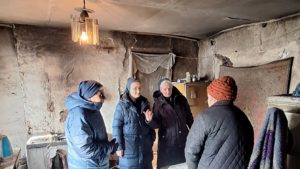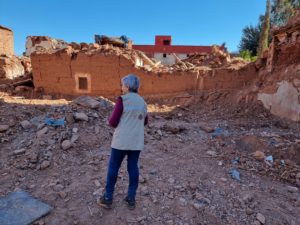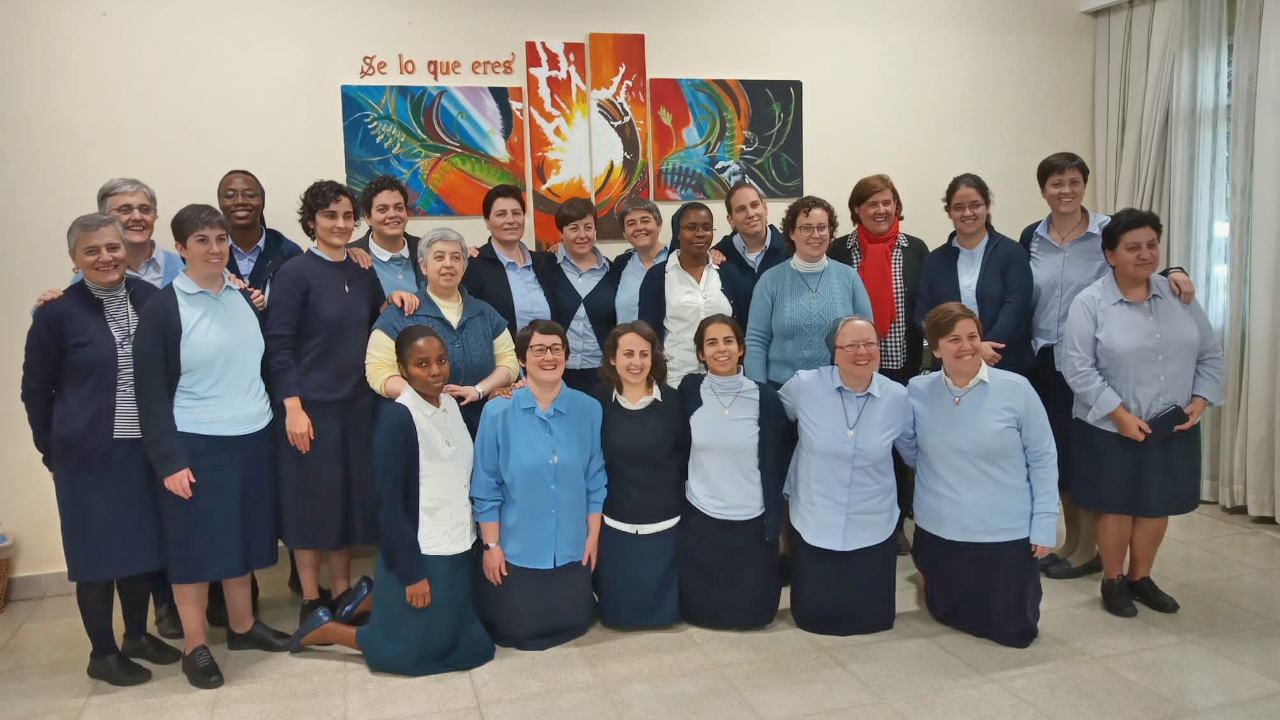Time to Remember and Implement Laudato Si’ – on its 5th anniversary
The earth our common home is suffering. Misuse, often through lack of reverence and thought, has impelled us to seek profit rather than to care for God’s earth – our most precious gift. We have taken our beautiful home for granted which in the words of Pope Francis is ‘looking more and more like an immense pile of filth’ (Paragraph 20). May 24th this year marks the 5th anniversary of the publication of Laudato Si’. This encyclical has contributed considerably to the Church’s social teaching ‘on care for our common home.’ Jeffery Sachs called it a ‘great and timely gift to humanity’[1] and Pope Francis called for a prompt and global response. Unfortunately, our response over the five years has been neither prompt nor globalised. Surely, now is our opportunity when coping with the Covid-19 imposed restrictions and the frequent reminders that we can expect a very different world, to ‘seek a new beginning’ and encourage a culture of care for the earth. This will involve above all responding to the cries of people struggling with poverty because of global economics.
Laudato Si’ is a long but rewarding read. The first part outlines how and why our earth and the majority of its population are suffering. The content is underpinned by modern science – lending credibility to the discussion. Having outlined the suffering of ‘our common home’ the Pope encourages us to own up to and take responsibility for our part in causing the suffering. In conclusion the encyclical introduces ‘integral ecology’ (225) as a way of highlighting the unique place of humans within creation. Being in that unique place Pope Francis challenges us to renew our lifestyles in harmony with God, our fellow humans and nature.
This time of ‘social distancing’ gives us ample opportunity to celebrate the anniversary of the document and ‘to seek a new beginning’ by embracing some habits suggested by Pope Francis. These suggestions range from a way of achieving inner peace (227) and to reviving the practice of praying ‘the grace before meals’ (227) as a way of being more aware of food as a gift from God. We are reminded, in paragraph 206, that ‘purchasing is always a moral – and not simply economic -act’ and that ‘less is more’, a value cherished in many religious traditions. (222) Paragraphs 228 and 231 provide an excellent discussion of fraternal and social love. The themes mentioned here are intended merely to whet the appetite and give a flavour of the many aspects explored in Laudato Si’. It is, perhaps, one of the most accessible and practical documents to come from the Vatican. The encyclical and study guides, available on the web, support the reading of what is a most encouraging and enlightening read. Enjoy!
Anna Byrne, Daughter of Charity, Chaplain in St Louise’s Comprehensive College, Belfast. Sister Anna sees this time as a valuable opportunity to ensure that Laudato Si’ is revisited and actioned.
[1]Sachs, Jeffery D, in America Magazine 06.07.2015
All categories
- Africa (2)
- Belgium-France-Switzerland (6)
- Belo Horizonte- Brasil (1)
- Brazil – Curitiba (6)
- Cameroon (1)
- Chełmno-Poznań (1)
- Chełmno-Poznań – Poland (5)
- Ecuador (1)
- España (4)
- España-Este (1)
- España-Norte (2)
- España-Sur (4)
- Graz – Central Europe (1)
- Indonesia (2)
- Ireland (2)
- Italy (1)
- Krakow (6)
- La Milagrosa – Venezuela (1)
- Live EN (1)
- Madrid – Santa Luisa (2)
- Motherhouse (18)
- Mozambique (3)
- Near East (2)
- Nigeria (1)
- Portugal (1)
- Province of São Paulo, Brazil (1)
- Province of Slovakia (2)
- Recife (2)
- Rio de Janeiro – Brasil (1)
- Rosalie Rendu – UK & Australia (2)
- Saint Louise – Asia (8)
- Saint Louise – USA (6)
- San Vincenzo – Italy (11)
- Sardinia – Italy (4)
- South America (2)
- South India (2)
- St E.A. Seton – USA (3)
- the Caribbean (4)
- Uncategorized (1)
- Vietnam Province (1)
- Vincentian Family (1)
- Warsaw – Poland (10)
Similar articles

Superioress General Visits Central Asia
Sister Françoise PETIT, Superioress General, with Sister Hanna CYBULA, General Councilor, visited our Sisters serving in two Central Asian countries, Kazakhstan and Uzbekistan, from February

“Take off your shoes, this is holy ground.”
These words mark our mission in Marrakech. Take off your shoes, go carefully towards the other. We meet people who

Passing of Sister Evelyne Franc
Sister Evelyne FRANC, Superioress General from 2003 to 2015, died on Monday January 8,2024, aged 75, 49 years of vocation.Her

Days for the Mission at rue du Bac
In 1926, Pope Pius XI instituted World Mission Day to awaken the entire Church to the importance of universal solidarity



